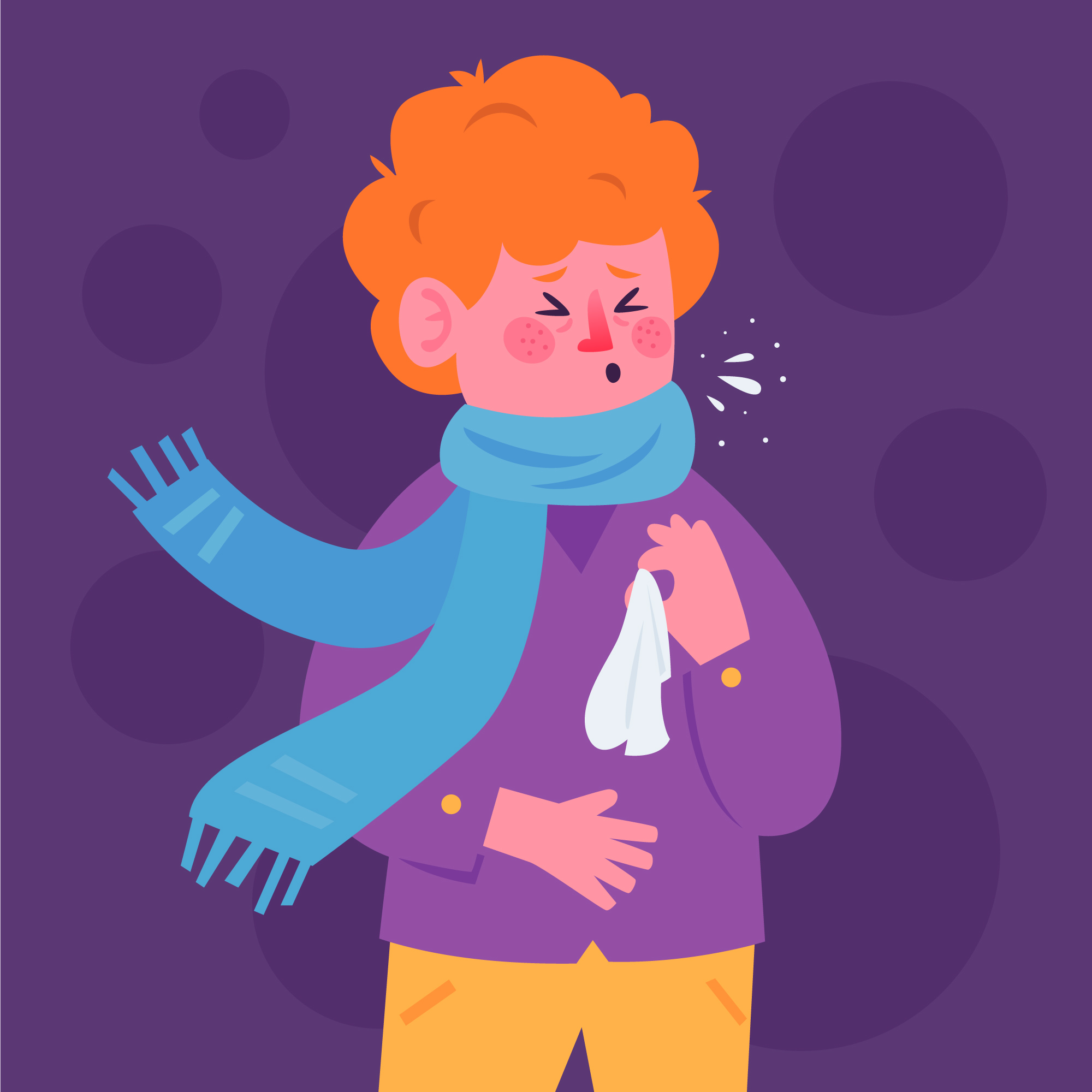Headaches are one of the most common health complaints, affecting people of all ages. While over-the-counter medications can provide quick relief, many prefer natural remedies that are safe, gentle, and effective. Understanding the types of headaches and the underlying causes can help you choose the most suitable home remedy.
Understanding Headaches
Before exploring remedies, it’s important to understand the types of headaches:
- Tension Headaches: Often caused by stress, poor posture, or muscle tension in the neck and shoulders.
- Migraine: A severe, pulsating headache often accompanied by nausea, sensitivity to light, and visual disturbances.
- Cluster Headaches: Intense pain on one side of the head, often around the eye, occurring in cycles.
- Sinus Headaches: Caused by sinus infections or inflammation, resulting in pressure around the forehead and eyes.
Common Triggers of Headaches
Identifying triggers can prevent headaches or reduce their intensity:
- Stress and anxiety
- Dehydration
- Poor sleep or irregular sleep patterns
- Excessive screen time
- Hunger or irregular meals
- Caffeine withdrawal or overconsumption
- Hormonal changes in women
Home Remedies for Headache Relief
1. Stay Hydrated
Dehydration is a common cause of headaches. Drinking enough water throughout the day can prevent and relieve headaches. Aim for at least 8-10 glasses daily. For added benefit, include herbal teas or water-rich fruits like watermelon and cucumber.
2. Cold or Warm Compress
Applying a cold compress to the forehead or the back of the neck can numb the pain and reduce inflammation. For tension headaches, a warm compress or heating pad can relax tight muscles and improve blood flow.
3. Peppermint Oil Massage
Peppermint oil contains menthol, which can help relax muscles and ease pain. Mix a few drops with a carrier oil and gently massage onto the temples, forehead, and back of the neck. Avoid contact with eyes.
4. Ginger Tea
Ginger has anti-inflammatory properties that may help reduce headache severity, especially migraines. Steep fresh ginger slices in hot water for 5–10 minutes, strain, and sip slowly. Adding honey can improve taste and provide additional soothing effects.
5. Limit Caffeine Intake
Caffeine can be a double-edged sword. Small amounts may relieve headaches by narrowing blood vessels, but excessive use or sudden withdrawal can trigger them. Monitor your caffeine intake and reduce gradually if needed.
6. Essential Oils for Aromatherapy
Lavender and eucalyptus oils are popular for headache relief. Inhaling the aroma or diffusing a few drops in the room can reduce headache intensity. Some people find placing a few drops on a tissue near the pillow helpful during sleep.
7. Maintain Proper Posture
Poor posture, especially while working on computers or using smartphones, can strain neck and shoulder muscles, causing tension headaches. Sit upright, keep screens at eye level, and take short breaks to stretch and relax muscles.
8. Deep Breathing and Relaxation Techniques
Stress-induced headaches often respond well to relaxation methods. Practice deep breathing, meditation, or progressive muscle relaxation for 10–15 minutes. Yoga and gentle stretching can also relieve tension and improve circulation.
9. Sleep Hygiene
Lack of sleep or irregular sleep patterns can trigger headaches. Ensure 7–8 hours of quality sleep each night. Avoid screens before bedtime, maintain a cool, dark sleeping environment, and follow a consistent sleep schedule.
10. Acupressure
Acupressure involves applying pressure to specific points on the body to relieve pain. For headaches, pressing the webbing between the thumb and index finger or massaging the base of the skull can reduce tension and improve blood flow.
11. Limit Screen Time
Excessive use of phones, computers, or televisions can cause eye strain and headaches. Follow the 20-20-20 rule: every 20 minutes, look at something 20 feet away for at least 20 seconds. Adjust screen brightness and use anti-glare filters.
12. Herbal Supplements
Some natural supplements, such as feverfew and butterbur, have shown promise in reducing migraine frequency. Always consult a healthcare provider before starting any supplement, especially if you take other medications.
13. Avoid Trigger Foods
Certain foods can trigger headaches in sensitive individuals, including:
- Aged cheeses
- Processed meats
- Artificial sweeteners
- Chocolate
- Alcohol, especially red wine
Keep a food diary to identify and limit triggers.
14. Maintain a Regular Meal Schedule
Skipping meals or irregular eating patterns can lead to low blood sugar, causing headaches. Eat balanced meals with whole grains, lean proteins, and fresh fruits and vegetables to stabilize blood sugar levels.
15. Light Exercise
Moderate physical activity, such as walking, swimming, or cycling, can improve circulation, reduce stress, and release endorphins, which act as natural painkillers. Avoid excessive exercise that may worsen headaches.
When to Seek Medical Attention
Most headaches respond well to home remedies, but certain symptoms require medical evaluation:
- Sudden, severe, or “worst-ever” headache
- Headache accompanied by fever, stiff neck, or rash
- Changes in vision, speech, or balance
- Headache after head injury
- Chronic headaches lasting more than a few weeks despite home remedies
Preventing Headaches Naturally
Preventive measures can significantly reduce headache frequency and intensity:
- Stay hydrated and eat regular, balanced meals
- Manage stress through meditation, yoga, or hobbies
- Maintain good posture and ergonomics at work
- Get sufficient sleep and follow a routine
- Exercise regularly but moderately
- Monitor and limit potential food and lifestyle triggers
Conclusion
Headaches are common but manageable with natural home remedies. Hydration, proper sleep, stress management, and simple practices like applying compresses, using essential oils, and maintaining a healthy lifestyle can provide effective relief. Understanding triggers and adopting preventive strategies can reduce the frequency of headaches and improve overall well-being. If headaches persist or worsen, consulting a healthcare professional is essential to rule out underlying conditions.




Good information